Unfolding in a Tunisian call center where employees work under aliases and are forbidden to speak Arabic so as not to unsettle their wealthy French clients, Looking for Ayda (Sarra Abidi, 2025) stands out as arguably the most vital entry in the Horizons of Arab Cinema competition at the 46th Cairo International Film Festival. It fearlessly exposes the insatiable logic of capitalism and warns us about the urgent need for a communal ecosystem.
Humans are social animals; we cannot —and are not meant to— survive on our own. This realization slowly but inevitably dawns on a film’s protagonist, Ayda. A modern woman in an indifferent city, she works as a manager at a call center for a tourism company selling dream journeys. Yet the workers experience those dreams only on the garish posters in their office, a space they themselves compare to a crypt. They arrive before sunrise and leave after dark. They’re dismissed, rejected, and hung up on. They don’t use their real names, and any fragile attempt at connection collapses under the weight of anonymity and the dehumanizing rhythm of the nine-to-five.
Looking for Ayda fearlessly exposes the insatiable logic of capitalism and warns us about the urgent need for a communal ecosystem.
Perhaps the only two people who have managed to preserve some humanity are Ayda and Yahya, longtime friends. Their small, unremarkable bubble might have lasted forever had Yahya not taken a bold step toward uncertainty, determined to actually taste life in all its colors. Only then does Ayda —who harbors unspoken feelings for him— begin to question the structure of her own life and the system she quietly serves.
Once a single cog refuses to turn as programmed, the insecurity underneath becomes impossible to ignore. Like many young adults today, Ayda lives alone. Her only family is her mother, who lives far away and begs her to visit, but Ayda always says no, tied as she is to work. She has neither the energy nor the means for hobbies, and her only acquaintance outside the office is the owner of the small takeaway where she often picks up food on her way home. When her apartment is broken into, she turns to the authorities —who, just like everyone else, remain largely indifferent. Violated and rattled, she continues.
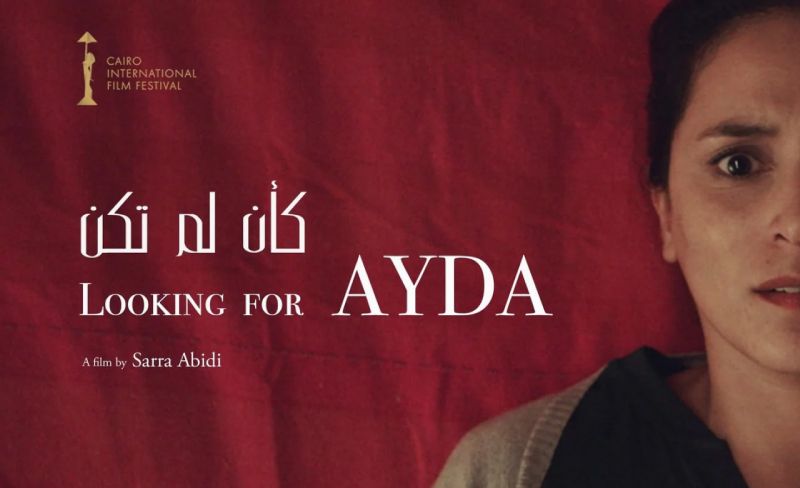
Written and directed by Tunisian filmmaker Sarra Abidi, this story speaks far beyond its borders to millennials living in big cities anywhere in the world. Cut off from their roots, once full of big dreams but gradually reduced to functions, financially strained and socially isolated, they lead the same solitary, monotonous lives across the globe, seeking refuge in small imaginary escapes. In the film, one of Ayda’s co-workers finds comfort in the flattery of customers —an illusory substitute for the genuine intimacy we all crave.
Zeineb Melki’s restrained performance captures Ayda’s state perfectly: self-control verging on numbness, quiet compliance, and brief, flickering surges of humanity. And yet, whenever Ayda tries to push back, even in tentative, timid ways, the system strikes back, making connection nearly impossible. Still, as her inner restlessness grows, she dares to speak up—even at the risk of losing everything. After all, what exactly is she holding onto? But without anyone to support her, Ayda’s efforts fade, unnoticed. The social fabric has torn, and one tired, frightened person cannot mend it alone.
This modest film invites viewers to reflect on the deeper structures of the societies we build around ourselves. Every decision —every action or lack of action— shapes the reality we inhabit. More independence might mean less security; self-sufficiency can leave us lonely and cut off.
As Dr. Snaut says in Tarkovsky’s Solaris (1972), A Human Needs a Human. Made in another era, set in another world, Looking for Ayda echoes the same truth —simple, universal, and painfully hard to restore once lost.

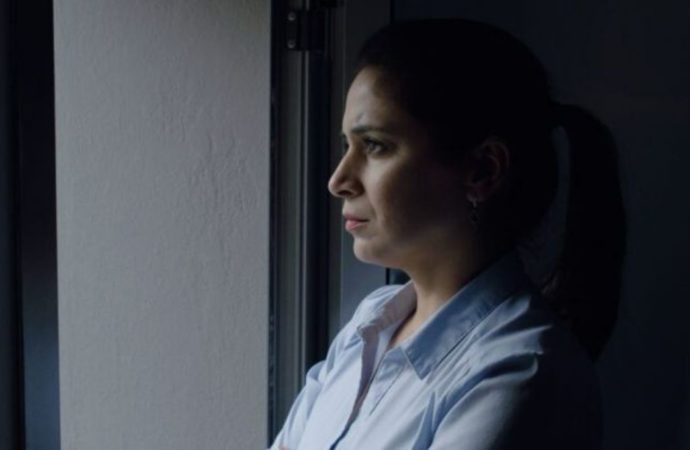

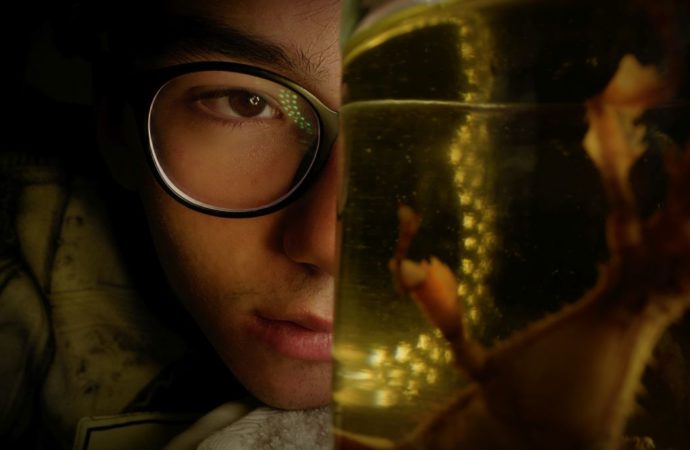
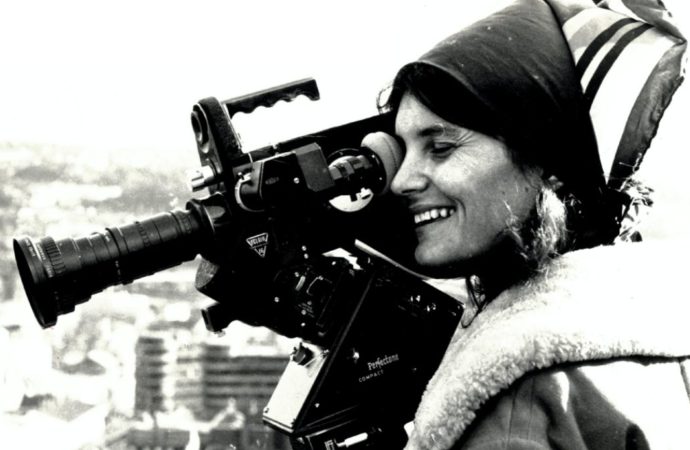


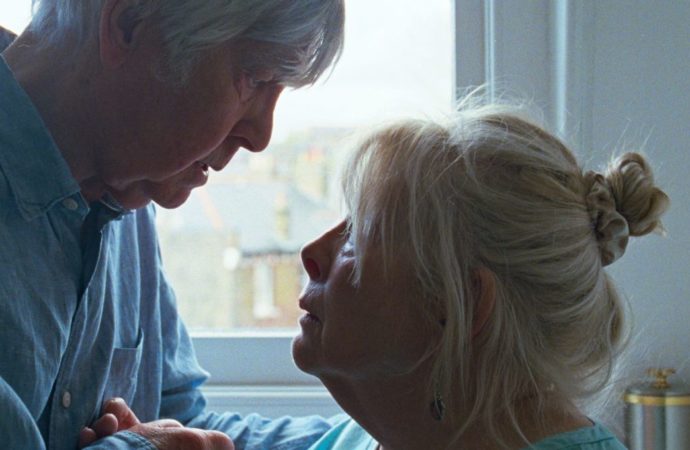
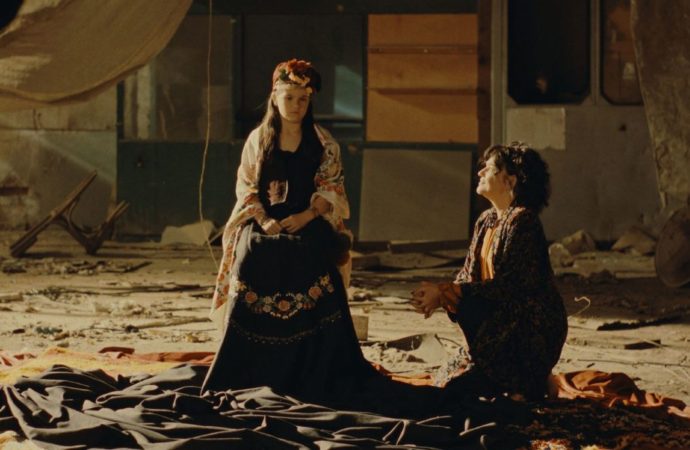
No one has posted any comments yet. Be the first person!